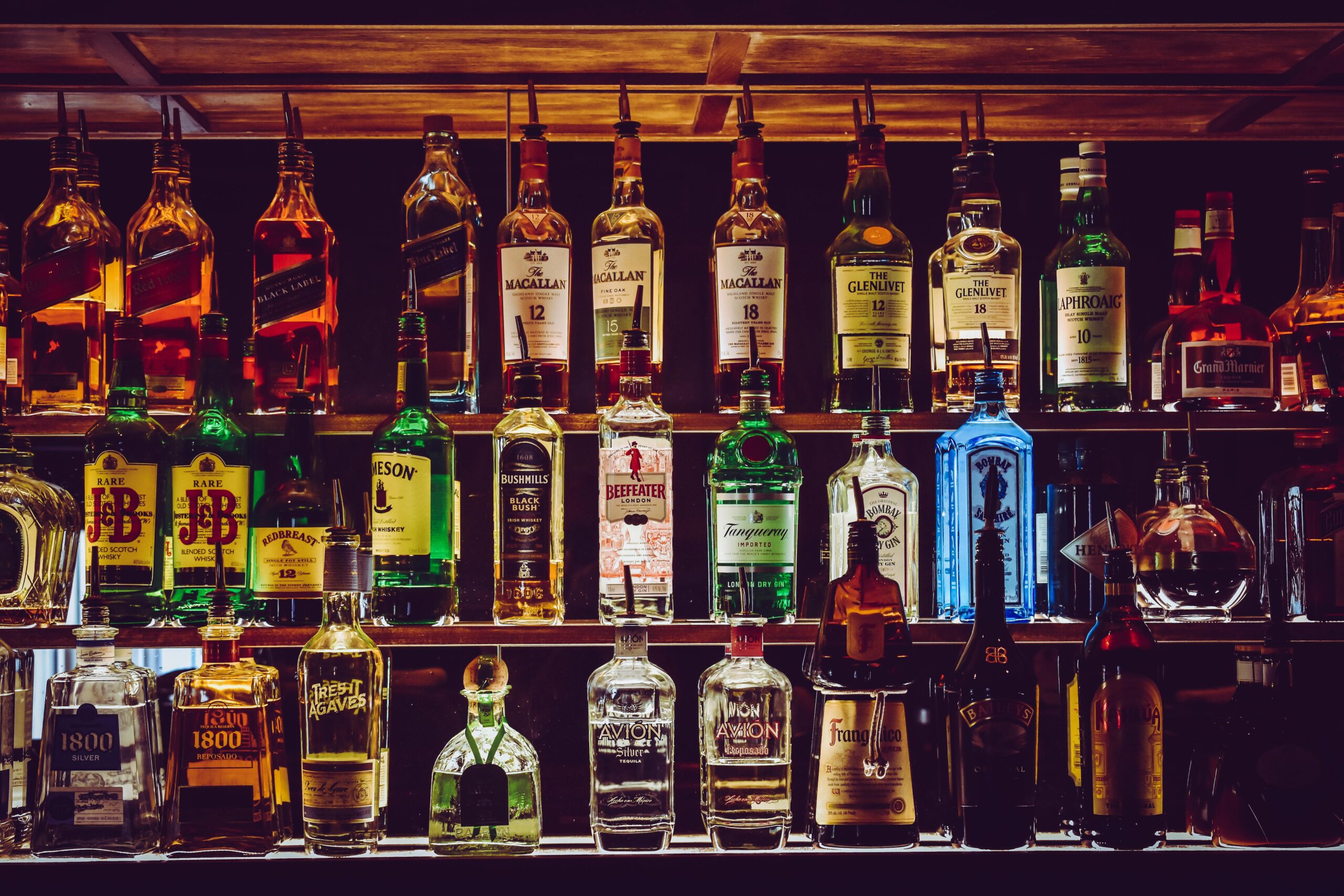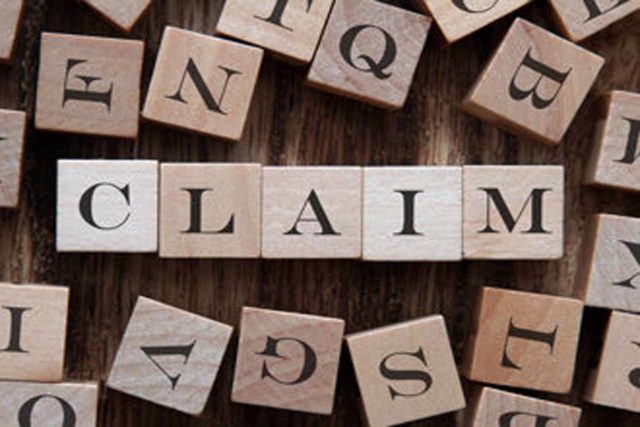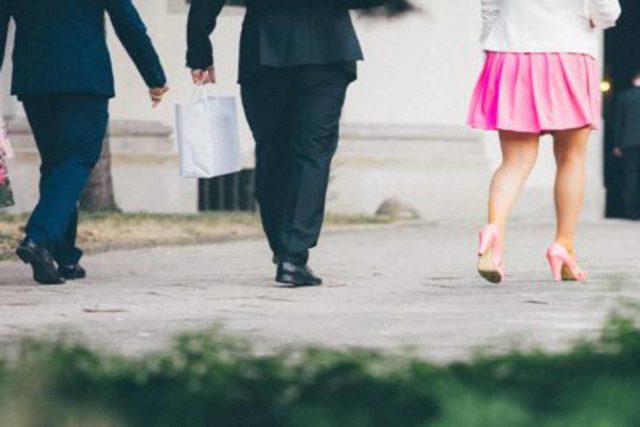How does alcohol and beverage law affect companies?
Alcohol and beverage laws have a significant impact on companies involved in the production, distribution, retail, and hospitality sectors. These laws regulate various aspects of the sale, marketing, labeling, and consumption of alcoholic beverages to ensure public safety, prevent underage drinking, and promote responsible alcohol consumption. Companies operating in this industry must navigate a complex regulatory landscape that includes obtaining licenses and permits, complying with labeling and packaging requirements, and adhering to advertising and marketing restrictions.
Failure to comply with alcohol and beverage laws can result in legal penalties, fines, loss of licenses, and damage to reputation. Therefore, companies must stay informed about evolving regulations, maintain strict compliance protocols, and implement effective risk management strategies to mitigate legal and regulatory risks associated with alcohol and beverage law.
Need help regarding alcohol and beverage law? Schedule your consultation today with a top hospitality attorney.
In Florida, which laws and regulations apply to alcohol and beverages?
In Florida, alcohol and beverage laws are governed by various state statutes and regulations that regulate the sale, distribution, manufacturing, and consumption of alcoholic beverages. Some of the key laws and regulations applicable to alcohol and beverages in Florida include:
- The Beverage Law (Chapter 561, Florida Statutes): The Beverage Law regulates the sale, distribution, and consumption of alcoholic beverages in Florida. It covers various aspects, including licensing requirements for manufacturers, distributors, and retailers, restrictions on sales to minors, hours of operation for establishments selling alcohol, and penalties for violations of alcohol-related laws.
- The Florida Alcoholic Beverage Code (Chapter 561, Part II, Florida Statutes): The Florida Alcoholic Beverage Code contains detailed provisions governing the regulation of alcoholic beverages in the state. It covers various topics, including the definition of alcoholic beverages, license classifications, application procedures, operational requirements for licensed establishments, prohibited activities, penalties for violations, and administrative procedures for hearings and appeals.
What are common issues regarding alcohol and beverage law that lead to litigation?
Common issues regarding alcohol and beverage law that can lead to litigation include:
- Sales to Minors: One of the most significant legal risks for hospitality businesses is selling alcoholic beverages to minors. Strict laws govern the sale and service of alcohol to individuals under the legal drinking age, and businesses found in violation may face fines, license suspension or revocation, and legal action from affected parties or their families. This can result in costly litigation and damage to the business’s reputation.
- Over-serving and Dram Shop Liability: Hospitality establishments have a legal responsibility to serve alcohol responsibly and prevent over-consumption. When a patron becomes intoxicated on the premises and causes harm to themselves or others, the establishment may be held liable under dram shop laws. Litigation may arise if victims or their families pursue legal action against the establishment for damages resulting from injuries, accidents, or incidents caused by an intoxicated patron.
- Duty of Care and Negligence: Hospitality businesses owe a duty of care to their patrons to maintain a safe environment and prevent foreseeable harm. Failure to uphold this duty, such as by failing to provide adequate security, supervision, or crowd control, can lead to injuries or incidents involving alcohol-related violence, assaults, or accidents. Victims may file lawsuits alleging negligence, premises liability, or inadequate security against the establishment.
- Alcohol-related Accidents and Injuries: Hospitality establishments may face litigation if patrons or third parties are injured in accidents caused by intoxicated individuals who were served alcohol on the premises. This can include accidents such as slips and falls, assaults, fights, or motor vehicle accidents involving intoxicated drivers leaving the establishment. Victims may seek compensation for medical expenses, lost wages, pain and suffering, and other damages through personal injury lawsuits against the business.
- Compliance Violations: Non-compliance with alcohol and beverage laws and regulations can result in legal penalties, fines, and regulatory sanctions. Common compliance issues include serving alcohol without a valid license or permit, failing to verify the age of patrons, serving alcohol during prohibited hours, or violating advertising and marketing restrictions. Regulatory agencies may take enforcement actions against businesses found in violation, leading to costly legal proceedings.
- Liability in Special Events: Hospitality businesses hosting special events, such as weddings, parties, or corporate functions, where alcohol is served may face liability for incidents occurring during the event. This can include accidents, injuries, or property damage caused by intoxicated guests. Businesses may be named as defendants in lawsuits seeking compensation for damages resulting from alcohol-related incidents that occurred on their premises.
We are value-based attorneys at Jimerson Birr, which means we look at each action with our clients from the point of view of costs and benefits while reducing liability. Then, based on our client’s objectives, we chart a path to seek appropriate remedies.
To determine whether your unique situation may necessitate litigation, please contact our office to set up your initial consultation.
What steps should businesses take to minimize the risk of litigation over alcohol and beverage law?
- Obtain Proper Licensing and Permits: Ensure that the business holds all required licenses and permits for the sale and service of alcoholic beverages in compliance with state and local regulations. This includes obtaining alcohol beverage licenses, health permits, and any special event permits necessary for serving alcohol at temporary events.
- Implement Comprehensive Policies and Procedures: Develop and implement comprehensive policies and procedures for alcohol service and consumption, including age verification, responsible service practices, refusal of service protocols, and procedures for handling intoxicated patrons. Ensure that all staff members are trained on these policies and procedures regularly.
- Provide Ongoing Staff Training: Conduct regular training sessions for all employees involved in alcohol service, including bartenders, servers, and security staff. Training should cover legal requirements, responsible alcohol service practices, identification of intoxicated patrons, and procedures for handling difficult situations. Emphasize the importance of compliance with alcohol laws and regulations.
- Monitor and Enforce Compliance: Implement systems to monitor compliance with alcohol laws and regulations, including age verification procedures, alcohol sales tracking, and compliance audits. Enforce strict adherence to policies and procedures, and address any violations promptly through corrective action, retraining, or disciplinary measures.
- Maintain Adequate Insurance Coverage: Obtain appropriate insurance coverage, including liquor liability insurance and general liability insurance, to protect the business against potential claims and lawsuits arising from alcohol-related incidents. Review insurance policies regularly to ensure they provide adequate coverage for potential liabilities.
- Promote Responsible Drinking: Encourage responsible drinking among patrons by offering non-alcoholic beverage options, promoting designated driver programs, and displaying responsible drinking messaging throughout the establishment. Avoid promotions or marketing tactics that encourage excessive consumption or irresponsible behavior.
- Ensure Proper Security Measures: Implement adequate security measures to maintain a safe environment for patrons, including trained security personnel, surveillance cameras, well-lit parking areas, and crowd management protocols. Take proactive steps to prevent alcohol-related incidents and address any security concerns promptly.
- Stay Informed and Up to Date: Stay informed about changes in alcohol laws, regulations, and industry best practices. Regularly review and update policies and procedures to ensure compliance with current legal requirements and industry standards.
Frequently Asked Questions
Can I be held liable for alcohol-related incidents that occur on my premises?
Hospitality establishments may be held liable for alcohol-related incidents that occur on their premises under dram shop laws or other liability theories. If an establishment serves alcohol to an intoxicated individual who then causes harm to themselves or others, the establishment may be held responsible for damages resulting from the incident.
What licenses are required to sell alcohol in Florida?
In Florida, businesses that sell or serve alcoholic beverages must obtain the appropriate alcohol beverage license or permit from the Florida Department of Business and Professional Regulation (DBPR). The type of license required depends on the type of establishment and the activities involved, such as retail sales, wholesale distribution, manufacturing, or special events.
Have more questions about an alcohol and beverage law-related situation?
Crucially, this overview of alcohol and beverage law does not begin to cover all the laws implicated by this issue or the factors that may compel the application of such laws. Every case is unique, and the laws can produce different outcomes depending on the individual circumstances.
Jimerson Birr attorneys guide our clients to help make informed decisions while ensuring their rights are respected and protected. Our lawyers are highly trained and experienced in the nuances of the law, so they can accurately interpret statutes and case law and holistically prepare individuals or companies for their legal endeavors. Through this intense personal investment and advocacy, our lawyers will help resolve the issue’s complicated legal problems efficiently and effectively.
Having a Jimerson Birr attorney on your side means securing a team of seasoned, multi-dimensional, cross-functional legal professionals. Whether it is a transaction, an operational issue, a regulatory challenge, or a contested legal predicament that may require court intervention, we remain tireless advocates at every step. Being a value-added law firm means putting the client at the forefront of everything we do. We use our experience to help our clients navigate even the most complex problems and come out the other side triumphant.
If you want to understand your case, the merits of your claim or defense, potential monetary awards, or the amount of exposure you face, you should speak with a qualified Jimerson Birr lawyer. Our experienced team of attorneys is here to help. Call Jimerson Birr at (904) 389-0050 or use the contact form to schedule a consultation.

We live by our 7 Superior Service Commitments
- Conferring Client-Defined Value
- Efficient and Cost-Effective
- Accessibility
- Delivering an Experience While Delivering Results
- Meaningful and Enduring Partnership
- Exceptional Communication Based Upon Listening
- Accountability to Goals











